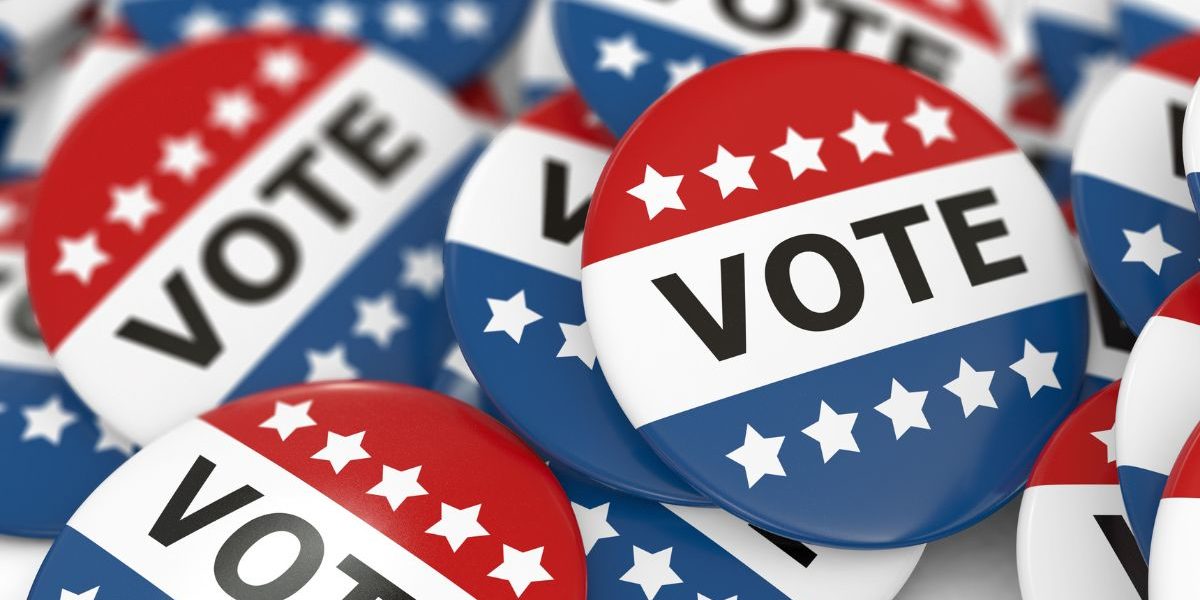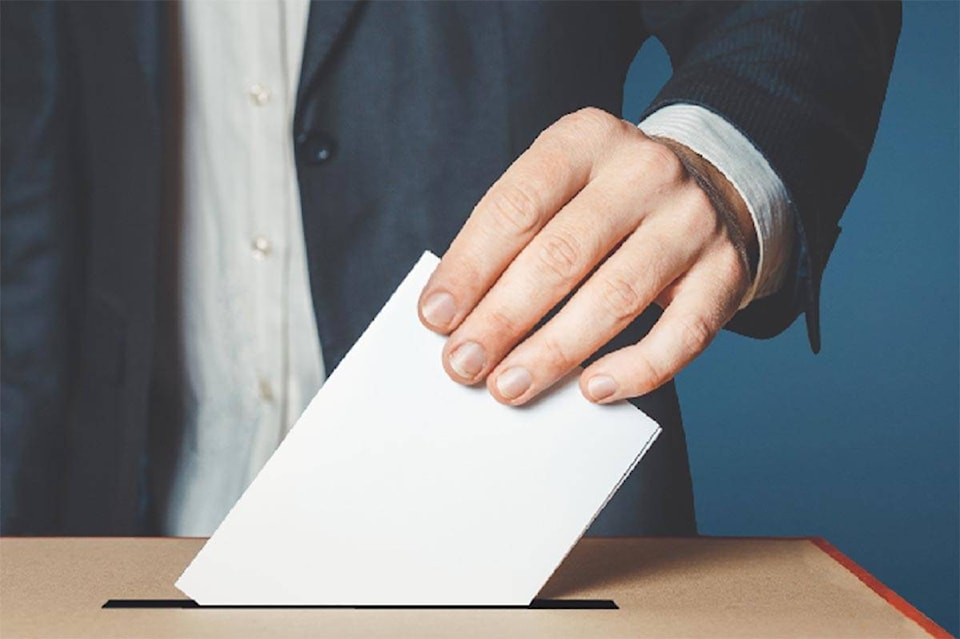REGULATORY REFORM
SUPPORT – CALL TO ACTION
SUPPORT: SB932 – Accessory Dwelling Unit Zoning Standardization
STATUS: This bill will be voted on TODAY, 2/7 in the House Counties, Cities, and Towns Committee at 9am in House Committee Room B – 205.
This bill establishes statewide standards for accessory dwelling units (ADUs), promoting housing flexibility by requiring localities to permit ADUs in single-family residential zones. The legislation balances local regulatory needs with homeowner rights, creating a streamlined process for ADU development while maintaining reasonable restrictions on size, location, and occupancy to protect neighborhood characteristics and property values.
- To see bill text and info: Click HERE
Please contact these Delegates and tell them to VOTE YES on SB932!
| House Counties, Cities, and Towns Committee | District | Phone | |
| Chair: Delegate Candi Mundon King(D) | 23 | (804) 698-1023 | DelCMundonKing@house.virginia.gov |
| Vice Chair: Delegate Elizabeth B. Bennett-Parker(D) | 5 | (804) 698-1005 | delebennett-parker@house.virginia.gov |
| Delegate Alex Q. Askew(D) | 95 | (804) 698-1095 | DelAAskew@house.virginia.gov |
| Delegate Katrina Callsen(D) | 54 | (804) 698-1054 | DelKCallsen@house.virginia.gov |
| Delegate Ellen H. Campbell(R) | 36 | (804) 698-1036 | delecampbell@house.virginia.gov |
| Delegate Laura Jane Cohen(D) | 15 | (804) 698-1015 | DelLJCohen@house.virginia.gov |
| Delegate Debra D. Gardner(D) | 76 | (804) 698-1076 | DelDGardner@house.virginia.gov |
| Delegates Geary Higgins(R) | 30 | (804) 698-1030 | DelGHiggins@house.virginia.gov |
| Delegate M. Keith Hodges(R) | 68 | (804) 698-1068 | DelKHodges@house.virginia.gov |
| Delegate Michael J. Jones(D) | 77 | (804) 698-1077 | DelMJones@house.virginia.gov |
| Delegate Barry D. Knight(R) | 98 | (804) 698-1098 | DelBKnight@house.virginia.gov |
| Delegate Ian T. Lovejoy(R) | 22 | (804) 698-1022 | DelILovejoy@house.virginia.gov |
| Delegate Marty Martinez(D) | 29 | (804) 698-1029 | DelMMartinez@house.virginia.gov |
| Delegate Joseph P. McNamara(R) | 40 | (804) 698-1040 | DelJMcNamara@house.virginia.gov |
| Delegate James W. Morefield(R) | 43 | (804) 698-1043 | DelJMorefield@house.virginia.gov |
| Delegates Delores Oates(R) | 31 | (804) 698-1031 | DelDOates@house.virginia.gov |
| Delegate Atoosa R. Reaser(D) | 27 | (804) 698-1027 | DelAReaser@house.virginia.gov |
| Delegate Briana D. Sewell(D) | 25 | (804) 698-1025 | delbsewell@house.virginia.gov |
| Delegate Irene Shin(D) | 8 | (804) 698-1008 | delishin@house.virginia.gov |
| Delegate Shelly A. Simonds(D) | 70 | (804) 698-1070 | DelSSimonds@house.virginia.gov |
| Delegate Anne Ferrell Tata(R) | 99 | (804) 698-1099 | delaftata@house.virginia.gov |
| Delegate Scott A. Wyatt(R) | 60 | (804) 698-1060 | DelSWyatt@house.virginia.gov |










